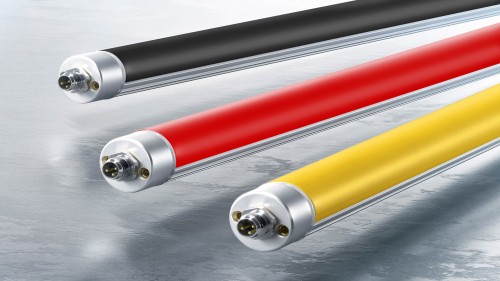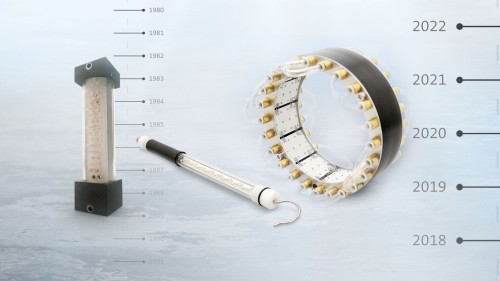Privatsphäreeinstellungen
Um die Webseite optimal gestalten und verbessern zu können, verwenden wir Cookies. Diese unterteilen wir in technisch notwendige Cookies und Statistik-Cookies. Genauere Informationen sind in unseren Datenschutzbestimmungen zu finden






